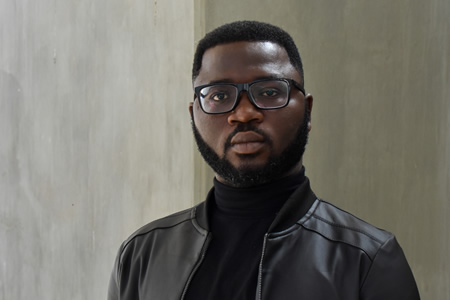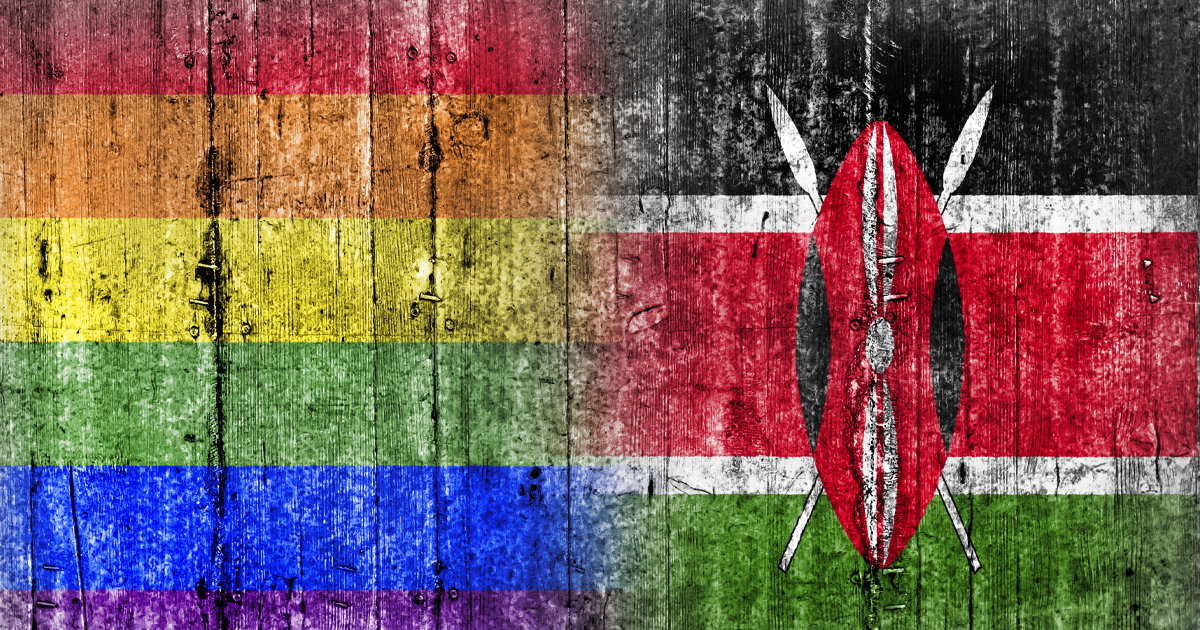The Centre for Human Rights, Faculty of Law, University of Pretoria commends the Supreme Court of Kenya on its decision upholding the National Gay and Lesbian Human Rights Commission’s right to register as a non-governmental organisation with the words ‘gay’ and ‘lesbian’ in its title.
In 2013, the National Gay and Lesbian Human Rights Commission (NGLHRC) challenged Kenya’s NGO Co-Ordination Board’s decision to bar the NGLHRC from registering as a non-governmental organisation. In that instance, the Board considered the name containing the words ‘gay’ and ‘lesbian’ to be unacceptable. The Kenyan High Court and the country’s Court of Appeal ruled in NGLHRC’s favour in 2015 and 2019, respectively, and the High Court confirmed the freedom of association for people of diverse identities, expanding article 27 of the Constitution to include non-discrimination of people.
In its decision of 24 February 2023, the Supreme Court of Kenya expressed the view that the NGO Board’s decision was discriminatory and unconstitutional as it limits the right to associate purely based on the sexual orientation of the members of the organisation. In addition, the Supreme Court determined that the word ‘sex’ under article 27(4) of the Constitution does not suggest the act of sex but refers rather to the sexual orientation of any gender, and the word ‘including’ under the provision would also comprise freedom from discrimination based on a person’s sexual orientation.
Of particular significance is the statement by the Court recognising the following:
Given that the right to freedom of association is a human right, vital to the functioning of any democratic society as well as an essential prerequisite [for the] enjoyment of other fundamental rights and freedoms, we hold that this is inherent in everyone irrespective of whether the views they are seeking to promote are popular or not.
The Centre for Human Rights commends this decision as a step toward ensuring that all LGBTIQ+ persons are treated with dignity, and respect and are given equal access to law and legal protection as enshrined under the African Charter on Human and Peoples’ Rights (African Charter) and other international human rights treaties.
The Centre for Human Rights urges Kenya to overturn penal code laws criminalising same-sex relations, end all acts of violence in accordance with Resolution 275 of the African Commission on Human and Peoples’ Rights (African Commission), and to stop the inhumane and degrading treatment of LGBTIQ+ persons in all forms. The Centre for Human Rights encourages the Kenyan government to take measures ensuring that human rights defenders are able to represent the interests of LGBTIQ+ persons without fear of reprisal so that there is a realisation of the human rights to freedom of association and freedom of speech.
The Centre for Human Rights urges all African states to:
- allow for the registration of non-governmental organisations advancing the rights of sexual and gender minorities (if they have not yet done so);
- recognise the dangers of violence and other forms of discrimination against persons based on their real or imputed sexual orientation and gender identity, and institute laws that protect LGBTIQ+ persons from violence and discrimination as members of a vulnerable category as called upon in Resolution 275 of the African Commission on Human and Peoples’ Rights;
- refrain from criminalising the work of human rights defenders and service providers working for the protection and well-being of LGBTIQ+ persons;
- work towards the education and sensitisation of their citizens to respect the rights of all persons including LGBTIQ+ persons; and
- fulfil their mandated obligation to protect, promote and fulfil human rights for all persons.
The decision of the Kenya Supreme Court comes in the wake of the refusal by the African Commission to grant observer status to three non-governmental organisations (Alternative Cote d'Ivoire; Human Rights First Rwanda; and Synergia – Initiatives for Human Rights) on the basis that ‘sexual orientation’ is not an ‘expressly recognised right’ in the African Charter and that it is ‘contrary to the virtues of African values’ espoused in the Charter.
FINAL COMMUNIQUÉ OF THE 73RD ORDINARY SESSION OF THE AFRICAN COMMISSION ON HUMAN AND PEOPLES’ RIGHTS para [58].
The Centre calls on the African Commission to align its granting of observer status with domestic best practices. As a supra-national body that should provide recourse when domestic systems fail, the Commission should not play the role of minimising rights that are already granted at the domestic level. This unfortunate trend started when the Commission, after being directed by the African Union Executive Council to do so, in 2018 reversed its granting of observer status to the South African-based NGO, Coalition of African Lesbians (CAL) para 8(vii)). The Commission should avoid a situation in that NGOs that are allowed to be registered at the domestic level (such CAL, Alternative Cote d'Ivoire, and Human Rights First Rwanda) are denied the right to have observer status and raise concerns in Africa’s primary human rights forum.
For more information on LGBTIQ+ rights in Africa, contact:

Professor of International Human Rights Law
Tel: +27 (0) 12 420 3228
Fax: +27 (0) 86 580 5743
frans.viljoen@up.ac.za

Tel: +27 (0) 12 420 3151
Fax: +27 (0) 86 580 5743
ayodele.sogunro@up.ac.za


